
When I was a kid in Christmas pajamas – fourth grade to be exact – I decided to spark things up a bit. We had a nice fire in our South Georgia fireplace, but to me things were getting a little dull. So I went to the closet, found a brand-new bottle of rubbing alcohol, and poured the whole thing into the flames. You know what happened next. Not only did the fire rage – as I had hoped – but some of the alcohol splashed onto my nice new red pj’s. The fire came with it. I became an unintended ad for “Stop, Drop, and Roll” – though I tried running away first.
In the end, I’m happy to report, all was well. Lesson learned. Kind of.
Jesus says something mysteriously compelling at the end of Luke 14 … “Salt is good, but if salt has lost its taste, how shall its saltiness be restored? It is of no use either for the soil or for the manure pile …” Years after my fiery-pajamas incident, I learned that bakers during the time of Christ’s earthly ministry covered their ovens with salt. The salt had a critical catalytic effect – a sparking effect – on the fuel as it was burning. And the fuel was – you guessed it – dried cattle dung. Christ’s main point was this: once the salt stopped sparking, it was good for nothing.
I’ll bet I also speak for you when I say that I don’t want to be good for nothing.
Friends, when it comes to Jesus, are you and I still sparking?
Perhaps this holiday season is a time to reassess. Remember, we who trust Christ have passed from death to life! We’ve passed from darkness to light! From alienation from God and hostility toward God to gracious adoption as His sons and daughters! We understand these things intellectually and theologically … but do our lives – our real lives – still offer evidence of such a dramatic transformation?
The devil is an interesting enemy. Many believe that he focuses on shattering our faith in Jesus. That may be true, but I don’t think it’s his first step. I think that his first clever maneuver is to lure us into complacency about the things that really matter. What you and I need is the opposite of complacency – we need zeal! As Leonard Ravenhill used to preach: “One of these days somebody is going to pick up the Bible, believe it, act on it, and put the rest of us to shame!” You and I need spiritual spark. The sparks are there, if we will but listen …
“O come, all ye faithful, joyful and triumphant,
O come ye, O come ye to Bethlehem!
Come, and behold Him, born the King of angels!
O come, let us adore Him;
O come, let us adore Him;
O come, let us adore Him, Christ, the Lord!”
Sadly, we live at a time when not only the truth, but even the know-ability of truth, is under steady assault. Not only that, but an insidious eclipse of the true gospel is managing to minimize the influence of God’s people. But this Advent season is a great time to get back to the basics, like, “The Word became flesh (John 1:14)!” If we’ll start right there in Bethlehem – and remind ourselves of that glorious good news – we can push back against the paradigm shift that’s happening around us. Christ really is the Truth! And His deepest desire is for us to know the Truth – which can be known! This will get our sparks flying again.
“God of God, Light of Light,
Lo, He abhors not the virgin’s womb;
Very God, begotten not created;
O come, let us adore Him …”
The Infinite became finite. As our culture moves away from sound doctrine like that verse captures so beautifully, I don’t want to be part of that drift – and I’ll bet you don’t either. Think about the ancient Israelites. What happened every time God got them out of trouble? They forgot the Lord who’d delivered them, again and again, and they quickly started complaining. Grumbling. Murmuring. They complained about everything, quite literally – never thinking they had enough. They let their spark fade, because God was never enough.
Though savvy marketers seek to sway us differently, this should not be our season for wanting more stuff, but for wanting more of Christ. For us, this should be our season of rich and heartfelt worship, when we – with wide-eyed awe and wonder – make much of the One who has already given us everything. Namely, He has given us Himself. In a way that the Israelites before us could only long for, God has come to us. He who created the hosts of heaven would come to need the help of angels. Christ humbled Himself to the nth degree.
“Sing, choirs of angels; sing in exultation;
Sing, all ye citizens of heav’n above!
Glory to God, all glory in the highest!
O come, let us adore Him …”
Tiny Tim prayed wisely: “God bless us, every one!” We who are the Lord’s redeemed really need each other right now. Yes, this is a time of great celebration, but we will never live as “salty” Christ-followers without a vital connection to a vital church. It’s true: “God arranged the members in the body, each one of them, as he chose” (First Corinthians 12:18). That beautiful promise is a distinctively New Covenant reality accomplished only by Christ’s coming to this dark world. The immortal Ancient of Days became a mortal baby – for us.
You and I are not alone, and we will never be alone. So we must help each other keep the sparks sparking.
“Yea, Lord, we greet Thee, born this happy morning;
Jesus, to Thee be all glory giv’n!
Word of the Father, now in flesh appearing …”
O come, let us adore Him!
Pastor Charles


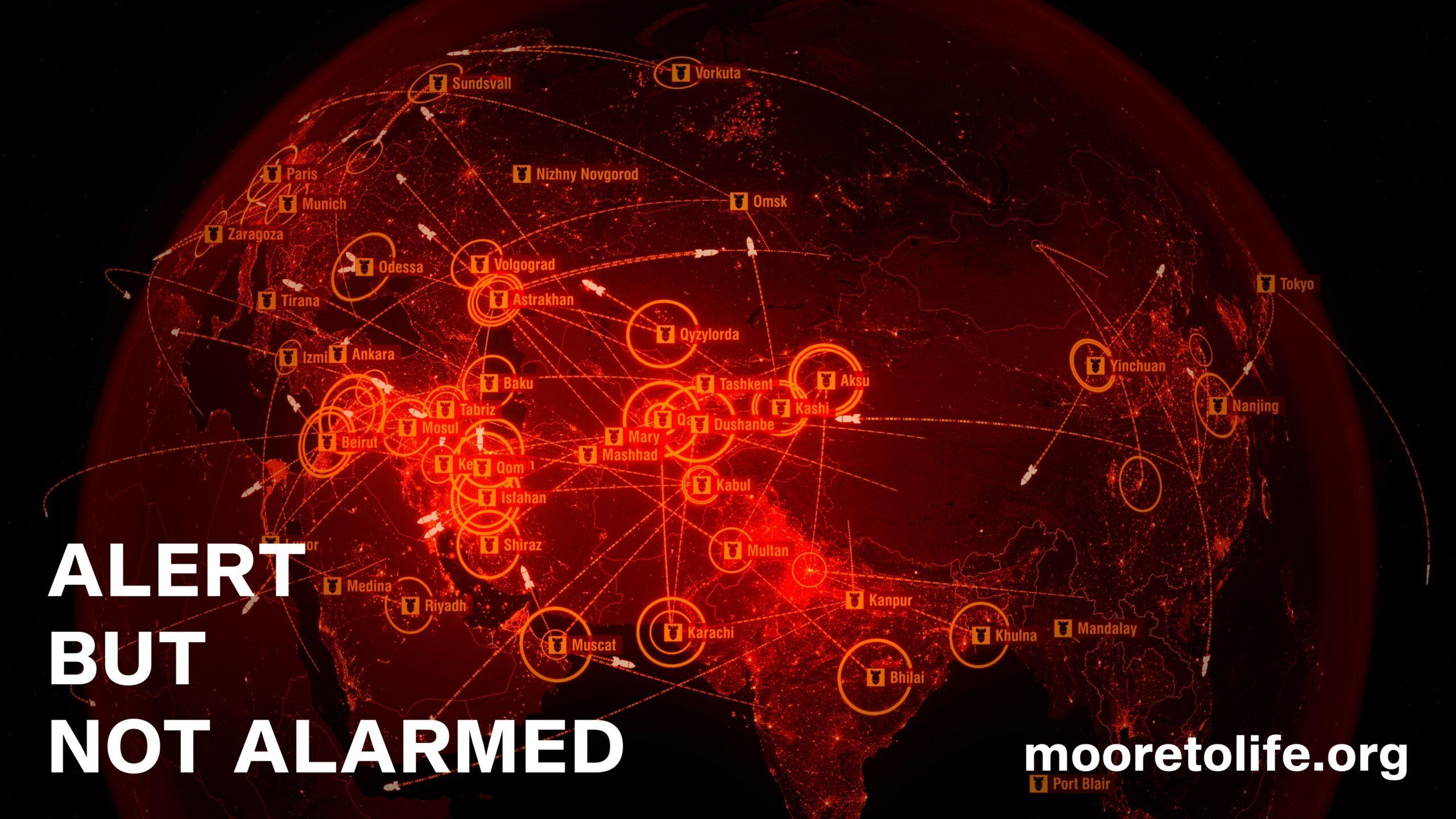
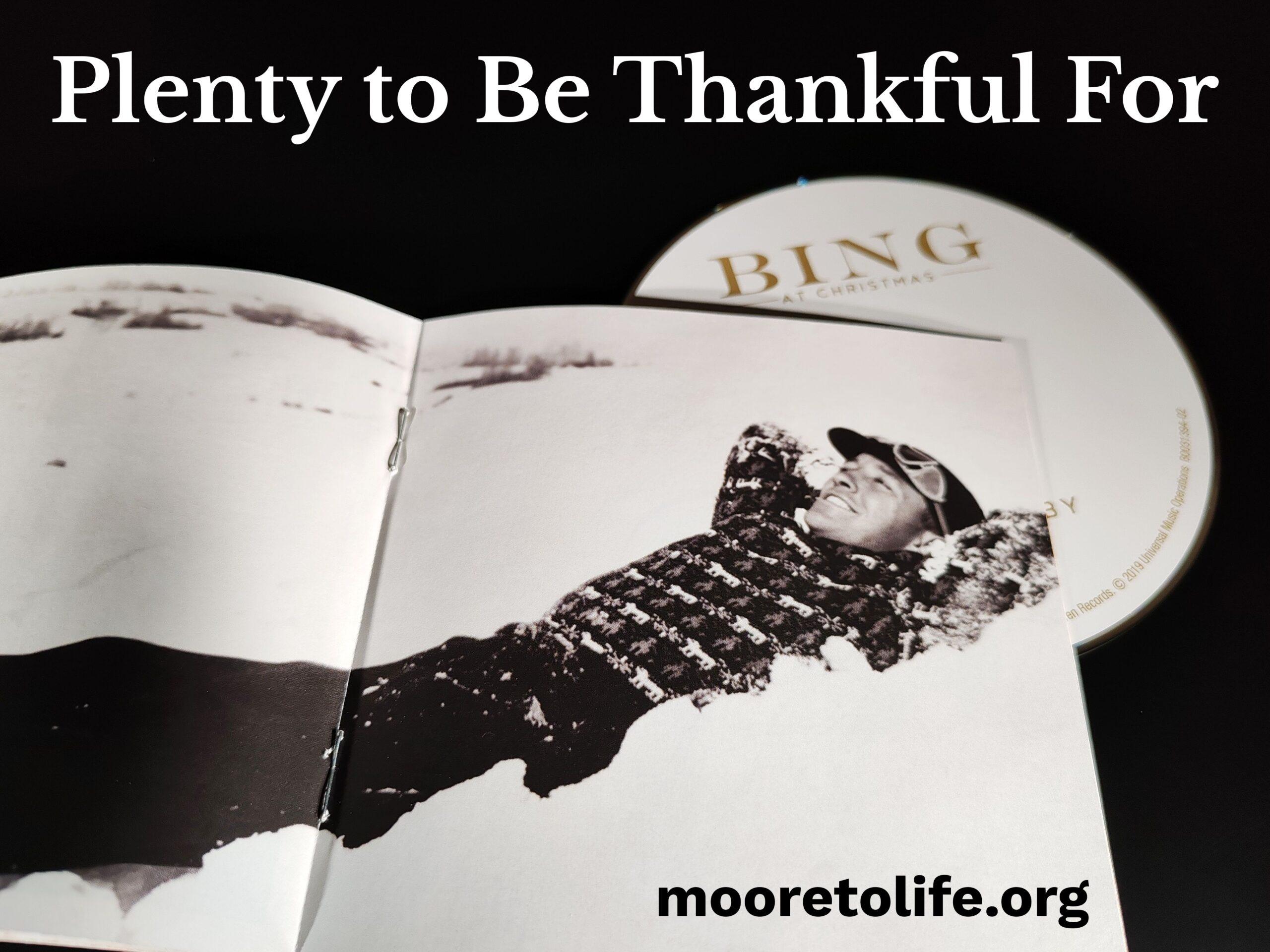

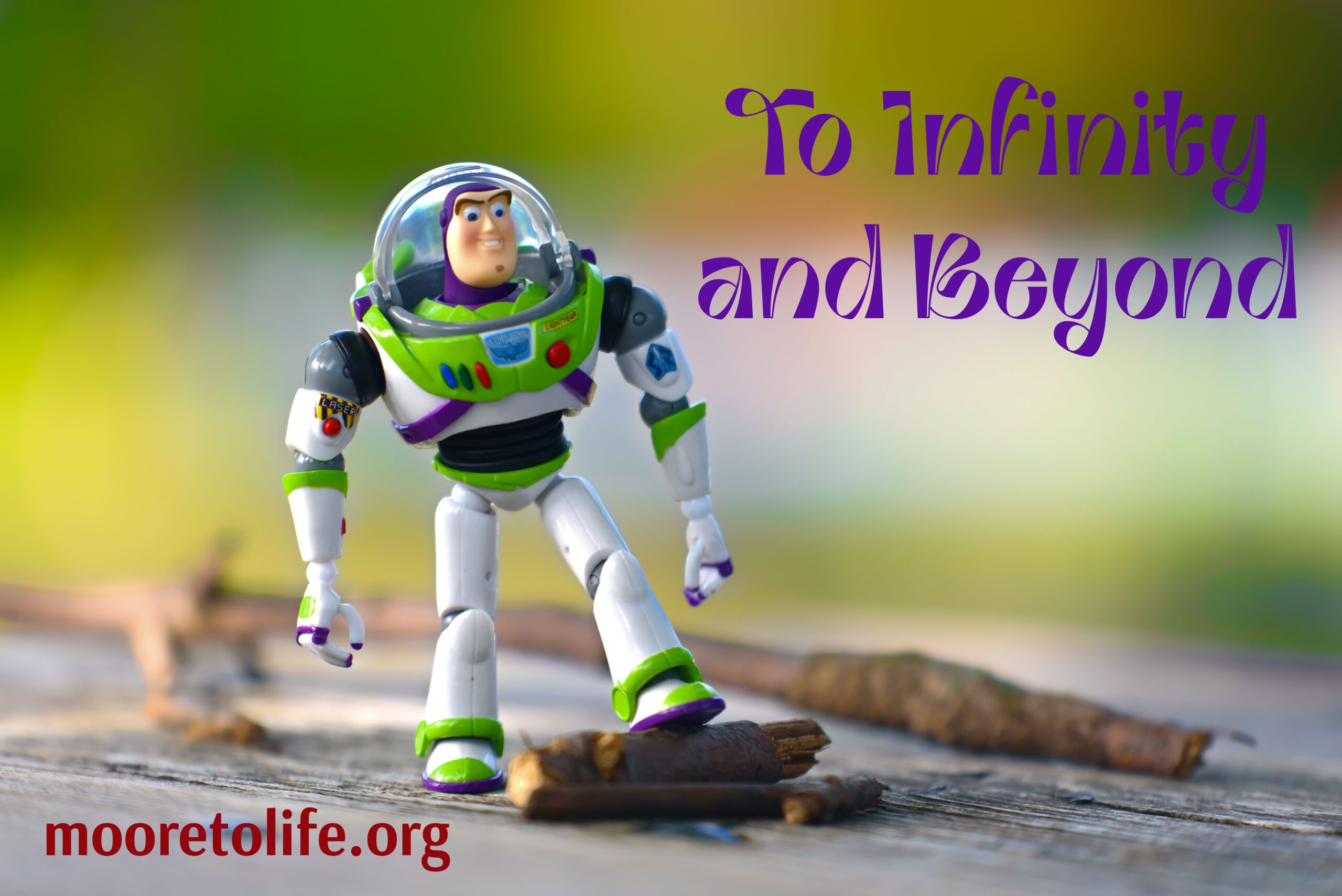

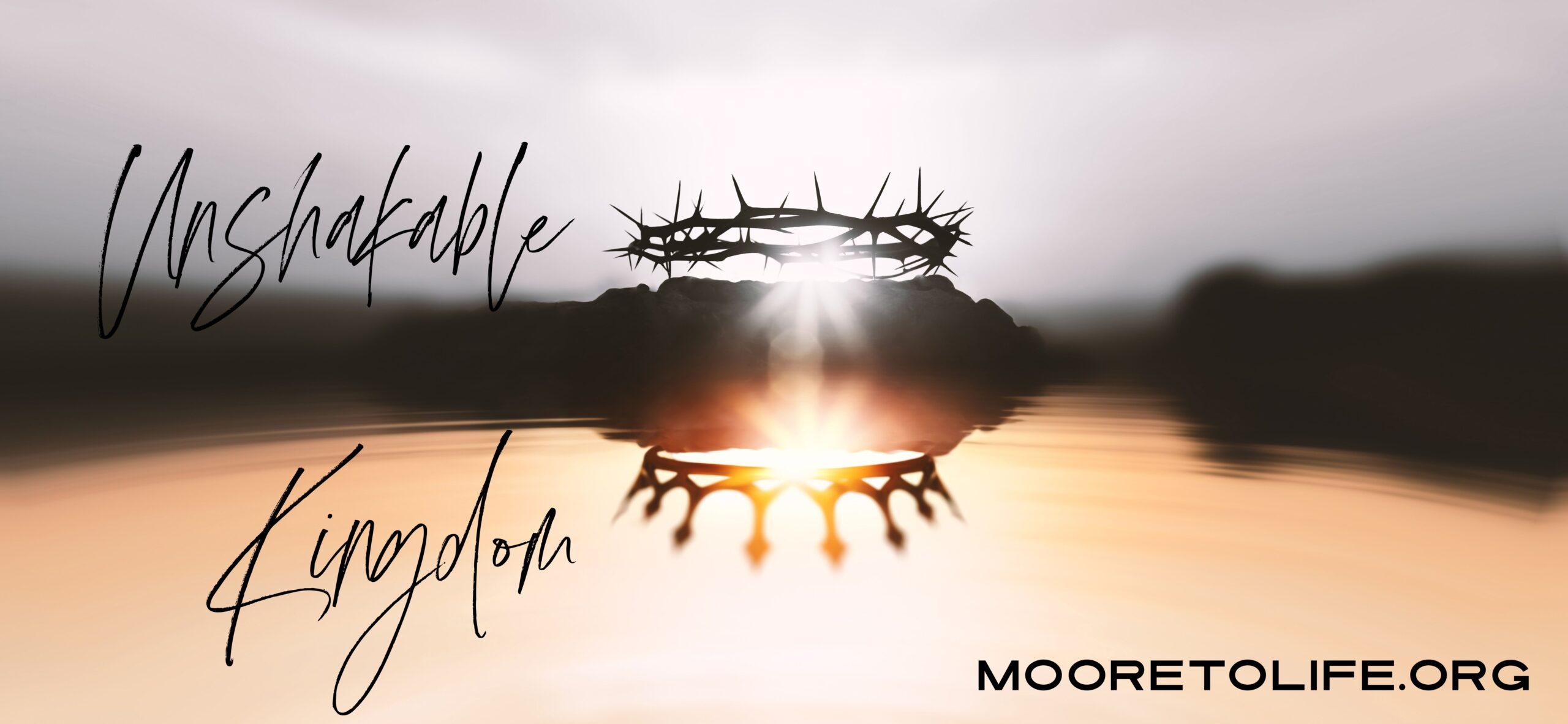

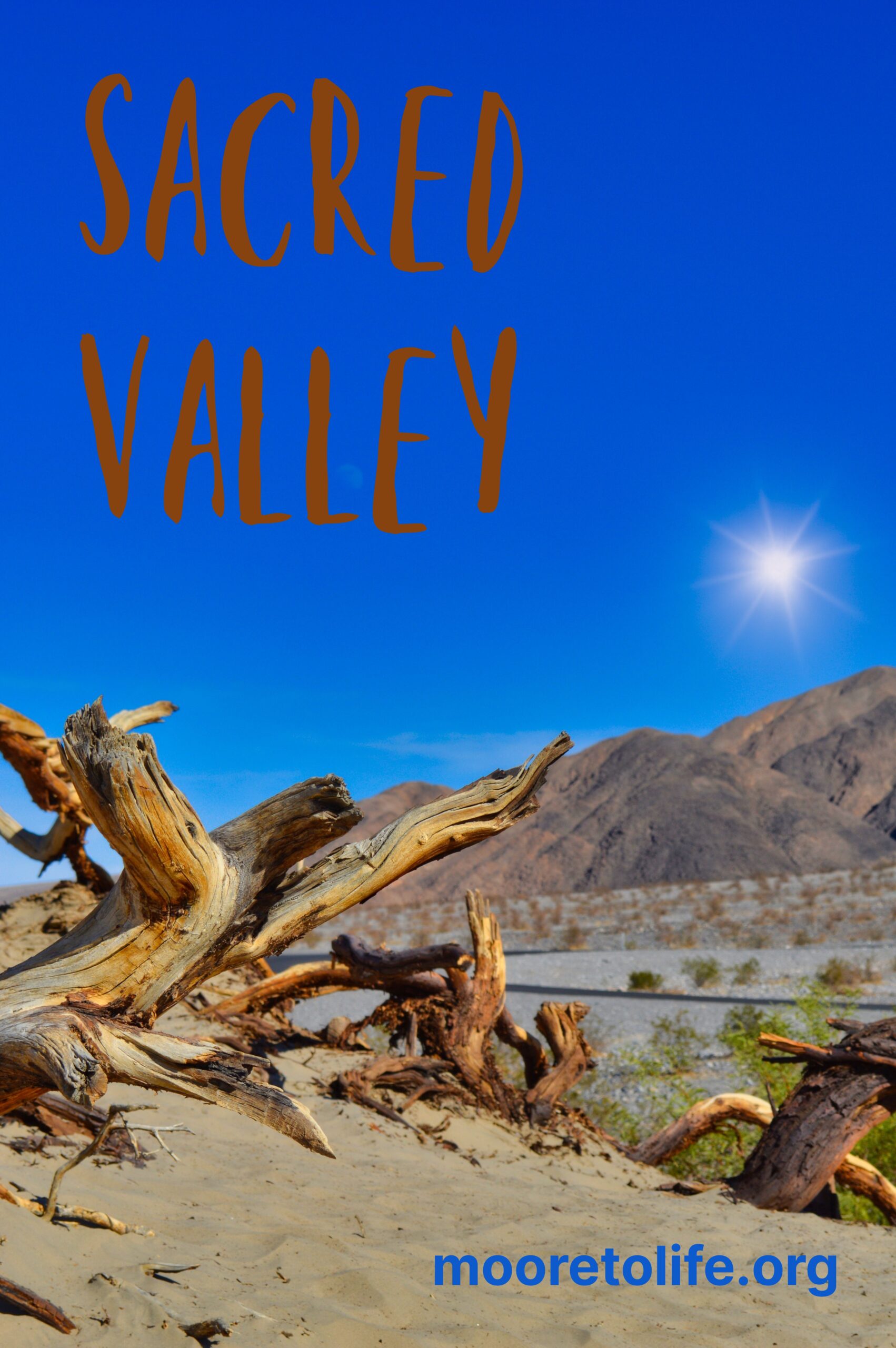
Recent Comments